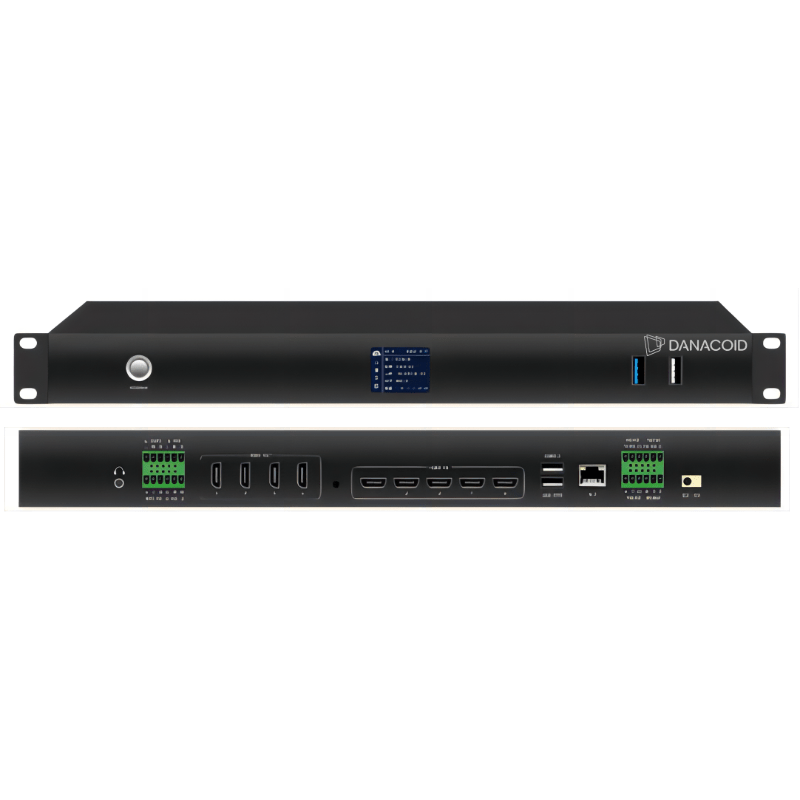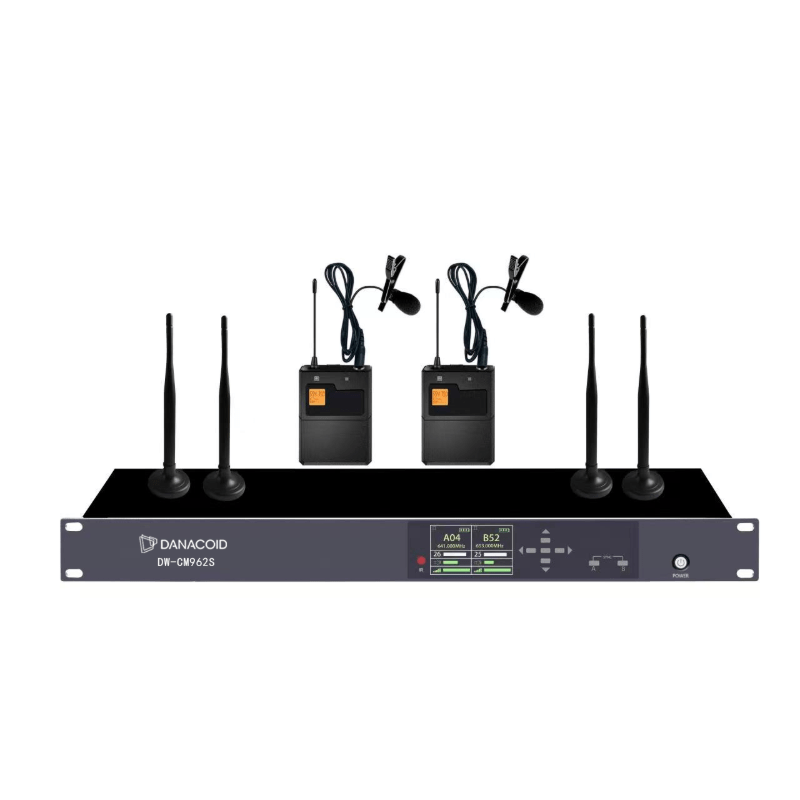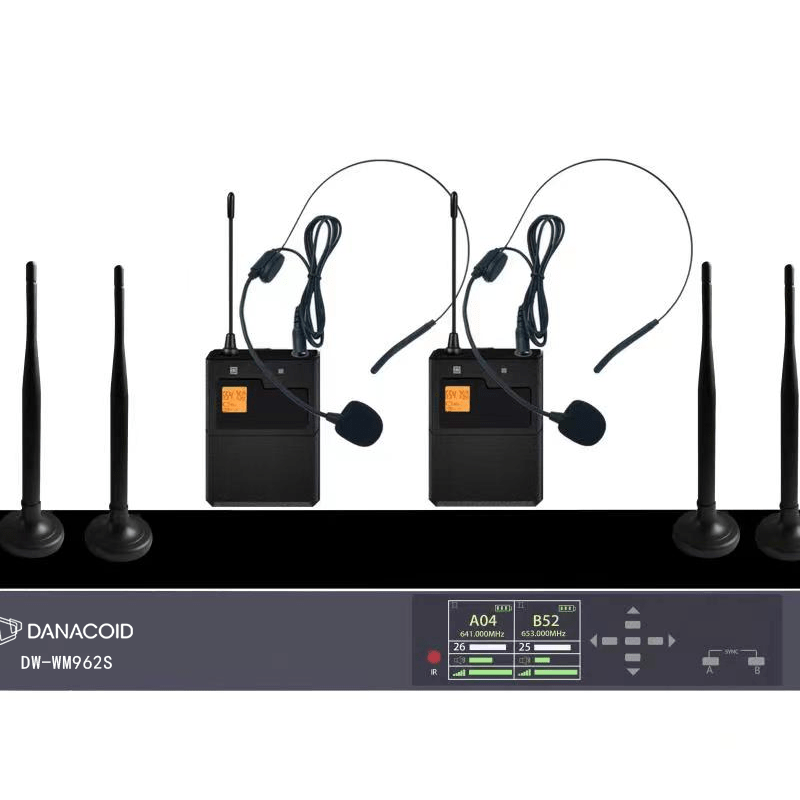digital signal processing
Digital signal processing (DSP) represents a revolutionary approach to manipulating, analyzing, and modifying signals in the digital domain. It encompasses a wide range of techniques and methodologies used to improve the accuracy and efficiency of signal processing operations. At its core, DSP converts analog signals into digital format through sampling and quantization, enabling powerful computational analysis and modification. The technology employs sophisticated algorithms to perform various functions, including filtering, frequency analysis, signal enhancement, and noise reduction. In modern applications, DSP serves as the backbone of numerous technologies, from smartphones and digital cameras to medical imaging equipment and radar systems. The processing occurs through specialized microprocessors designed to handle complex mathematical operations at high speeds. These processors can perform millions of calculations per second, making real-time signal processing possible. Key functions include signal filtering, spectrum analysis, speech processing, image enhancement, and pattern recognition. The versatility of DSP makes it indispensable in telecommunications, audio processing, biomedical engineering, and countless other fields where signal manipulation is crucial.


















